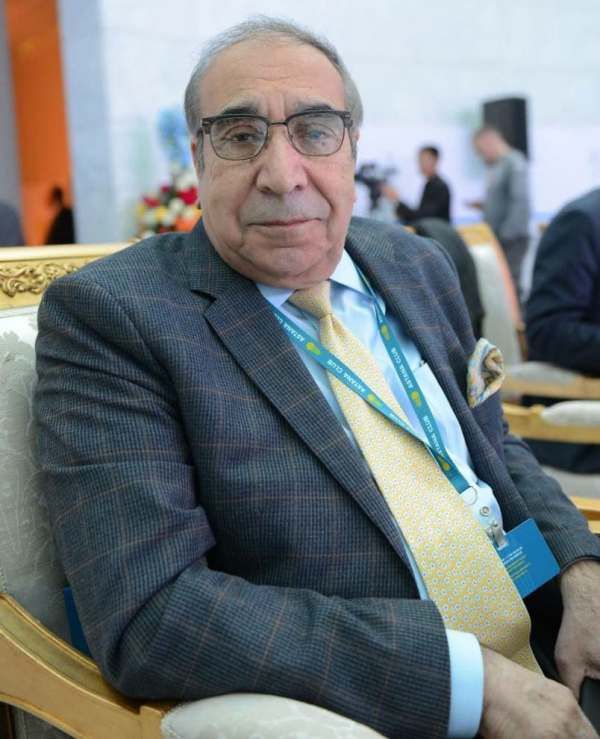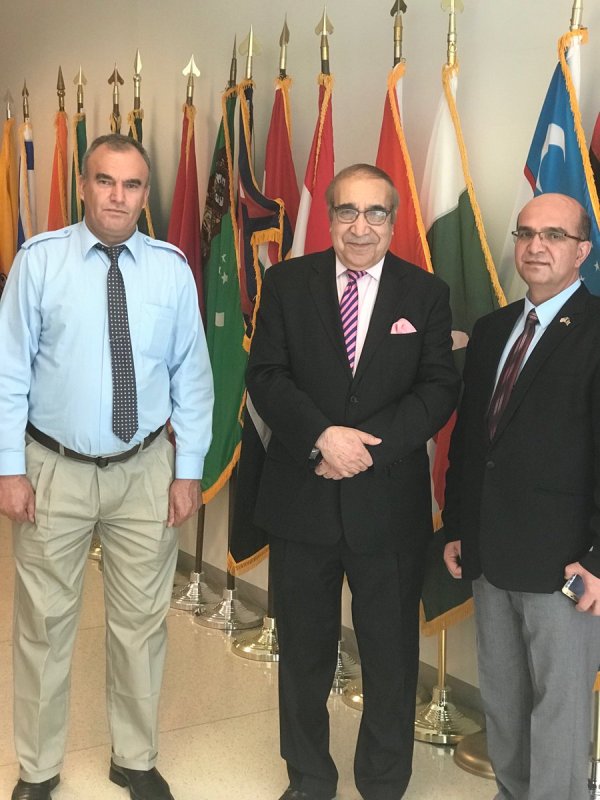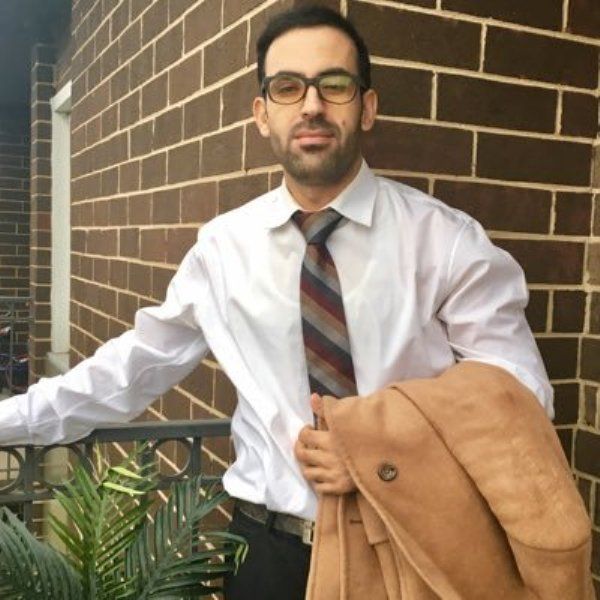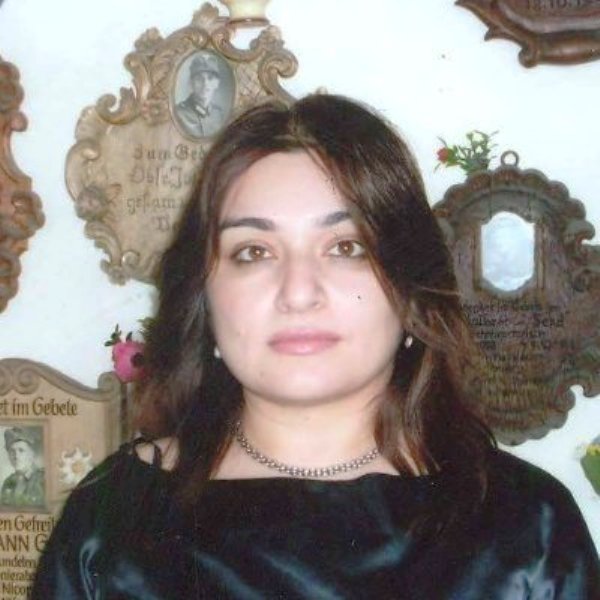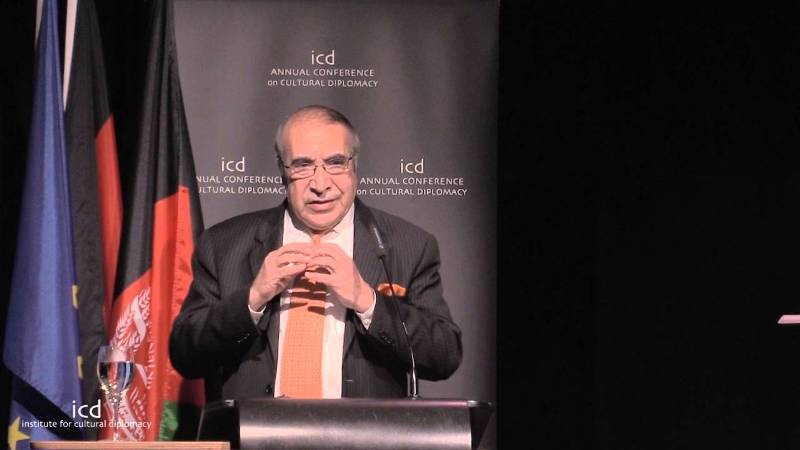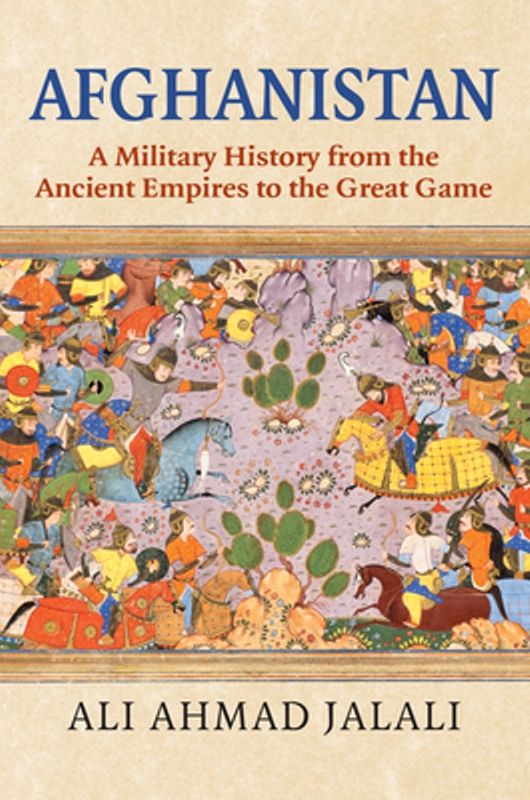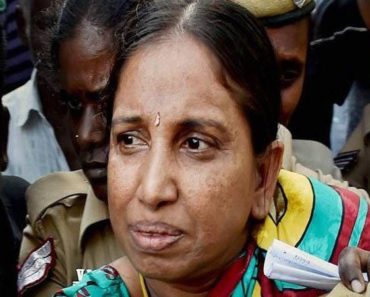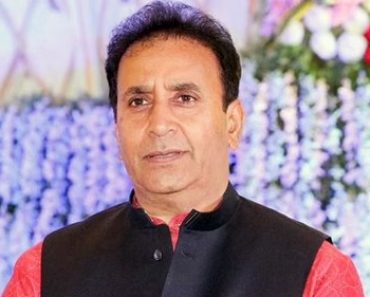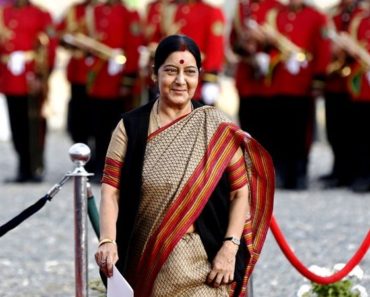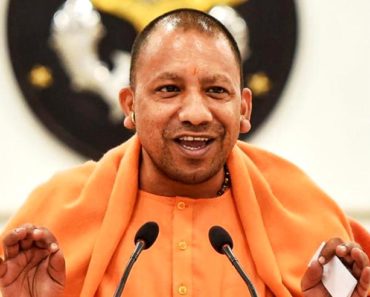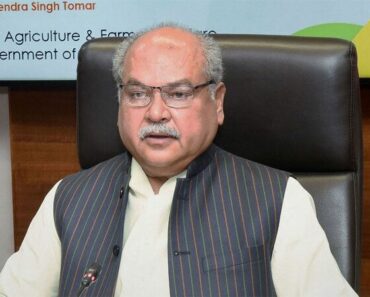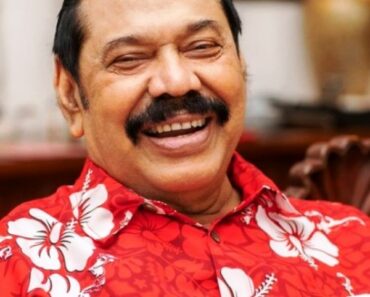Ali Ahmad Jalali is an Afghan-American politician, diplomat, and former military personnel. Apart from serving as the Interior Minister of Afghanistan, Mr. Jalali has also served as a distinguished professor at the Near East South Asia Center for Strategic Studies (NESA) at the National Defense University in Washington, D.C. In August 2021, he made headlines after his name surfaced in the media as the most probable head of the interim Afghanistan administration under the control of the Taliban.
Contents
Wiki/Biography
Ali Ahmad Jalali was born in 1940 [1]Afghanistan Online (age 81 years; as of 2021) in Kabul, Afghanistan. While growing up in Kabul, Mr. Jalali obtained a bachelor’s degree in Military Operational Art and Science/Studies from the Afghan Military University in 1961. [2]LinkedIn – Ali Jalali Later, he went to Georgia in the United States, where he obtained a diploma from the United States Army Infantry School in Fort Benning. [3]Afghanistan Online In 1966, he received a master’s degree in Military Science from the Staff College in Kabul, and in 1967, he received his PSC from the British Staff College. [4]Afghanistan Online
Physical Appearance
Height (approx.): 5′ 10″
Hair Colour: Salt & Pepper
Eye: Colour: Dark Brown
Family
Parents & Siblings
Ali Ahmad Jalali’s late father, G. Jelani Jalali, was a professor.
Wife & Children
He is married to Homaira Jalali, and he has a son, Wais Jalali (an engineer), and a daughter, Dr. Bahar Jalali. He lives along with his family in a suburb of Maryland.
Nationality/Citizenship
Since 1987, Ali Ahmad Jalali is a US citizen. [5]Deccan Herald
Career
Military
Ali Ahmad Jalali has served the Afghan National Army as a colonel. Following the Soviet invasion of Afghanistan in the 1980s, he played a crucial role as a top military planner with the Afghan resistance. His military service spanned between 1961 and 1981 during which he served in command, staff, and educational posts with a final rank of colonel.
Journalist
From August 1982 to January 2003, Mr. Jalali extensively worked as a writer, broadcaster, and Chief of the Pashto, Dari and Farsi services at Voice of America in Washington, D.C. In January 2003, he quit his job at Voice of America to become the Interior Minister of Afghanistan. Reportedly, he was picked by the US to revamp the perennially weak governments in Afghanistan. While working as a journalist in the United States, Mr. Jalali extensively covered the war in Afghanistan from 1982 to 1993. From 1993 to 2000, he also covered the war in the former Soviet Central Asia.
Politics
In January 2003, he returned to Afghanistan, where he replaced Taj Mohammad Wardak to become the Interior Minister of Afghanistan, a position that he served from 28 January 2003 to 27 September 2005 in the Ashraf Ghani government. Reportedly, by sending him back home, the US strategically wanted to avoid inciting Afghan nationalism that had weakened previous foreign invasions, both British and Soviet, by appointing Afghan expatriates in key positions. On his return, Mr. Jalali said,
I came here because I thought I could make a difference.”
While serving as Interior Minister, Mr. Jalali set up the Afghan National Police (ANP) and Border Police, a force of 50,000 and 12,000, respectively, to combat organized crime and smugglers with an effective program of counternarcotics, counterterrorism, and criminal investigation. In 2003, as Interior Minister, he led the country’s nationwide campaign to protect the constitutional assembly (Loya Jirga), as well as the national voter registration drive, and 2004 Presidential election, and the 2005 parliamentary elections. In late 2005, Ali Ahmad Jalali announced his resignation as Interior Minister for personal reasons. On 27 September 2005, Tolo Television quoted Jalali as saying –
I will not work as Interior Minister anymore. Maybe there are reasons for this and maybe not, but one of the main reasons is that I wish to resume my academic research.”
Most political analysts believe, however, that Jalali resigned due to conflicts with Hamid Karzai over the appointment of governors and other senior officials of the Interior Ministry, as well as issues related to counter-narcotics. According to diplomatic sources, Ali Ahmad Jalali is the most probable candidate to become the President of the interim government in Afghanistan, following the takeover of Kabul by the Taliban militants on 15 August 2021 following which President Ashraf Ghani fled the country, reportedly to Tajikistan, as the insurgent group crowded the presidential palace for a ‘peaceful transition’ of power.
Diplomatic & Academic
Since October 2005, Mr. Jalali has been serving as a distinguished professor at the Near East South Asia Center for Strategic Studies (NESA) at the National Defense University in Washington, D.C. During the Soviet invasion in the 1980s, he also served as a professor at the Institute of Diplomacy at the Ministry of Foreign Affairs, and a Top Advisor at the Afghan Resistance Headquarters in Peshawar, Pakistan.
Author
Ali Ahmad Jalali is a published author in three languages, English, Pashto, and Dari, and he has published his works in the United States, Great Britain, Afghanistan, Pakistan, and Iran. He has written numerous books and articles on various issues in Afghanistan, Iran, and Central Asia including issues related to politics, military, and security as well as Islamic movements in the region. Jalali wrote extensively on Afghanistan affairs, including the book ‘The Other Side of the Mountain;’ the book was an analytical review of the Mujahideen war with the Soviet forces in Afghanistan from 1979 to 1989. In the spring of 2002, Jalali wrote an influential critic on the role of the US military in Afghanistan in which he pointed the way the United States had used local chieftains in the War on Terrorism. His book “Afghanistan: A Military History from the Ancient Empires to the Great Game” is also considered a masterpiece to provide an insight into Afghanistan’s history.
Between 2001 and 2010, a number of his articles were published by Parameters, a senior American professional journal of the US Army. Many leading U.S. and European newspapers have also published Jallali’s articles and comments, including The Washington Post, The Christian Science Monitor, and The New York Times.
Awards
- 1961: Afghan Army Decoration Baryal 3-Bronze
- 1964: Afghan Army Decoration Baryal 2-Silver
- 1967: Afghan Army Wartia (Meritorious Service) Medal- Bronze
- 1968: Afghan Army Decoration Baryal 1-Gold
- 1977: Afghan Army Wartia (Meritorious Service) Medal- Silver
- 1984-1990: Four VOA Sustained Superior Performance awards
- 1985-1992: Eleven VOA Excellence in Programming awards
- 1997: U.S. Federal Service 15, 20, and 25-year pins (also in 2003 and 2011)
- 2003: U.S. Government Career Achievement Award
- 2004: Afghanistan Distinguished Service Medal, Constitutional Loya Jirga
- 2005: Afghanistan High State Medal “Wazir Akbar Khan”
Facts/Trivia
- In 2009, in an article by Ahmad Majidyar of the American Enterprise Institute, Jalali was listed as one of the probable candidates in the Afghan Presidential election; however, being a US citizen, he was barred to contest the election as Chapter Three, Article Sixty Two of the Afghanistan Constitution states that only an Afghan citizen can contest the Presidential election in Afghanistan; the country has not signed any dual citizenship accords.
- Marquis Who’s Who has listed Ali Ahmad Jalali as a noteworthy federal agency administrator. [6]Prabook
- As an Afghan army colonel, Mr. Jalali looked after the resistance movement in Pakistan during the Soviet invasion in the 1980s.
- He often comments on the regional security and development issues of Afghanistan at major TV networks in the United States including CNN, ABC, NBC, MSNBC, FOX News, PBS, NPR as well as Australian National TV (ABC) and Canadian CBC.
- While working as a journalist in the United States, he travelled extensively across Iran and Central Asia.
- Mr. Jalali is fluent in Pashto, Dari/Persian, Arabic, Turkish, French, and Russian languages.
References
| ↑1, ↑3, ↑4 | Afghanistan Online |
|---|---|
| ↑2 | LinkedIn – Ali Jalali |
| ↑5 | Deccan Herald |
| ↑6 | Prabook |

